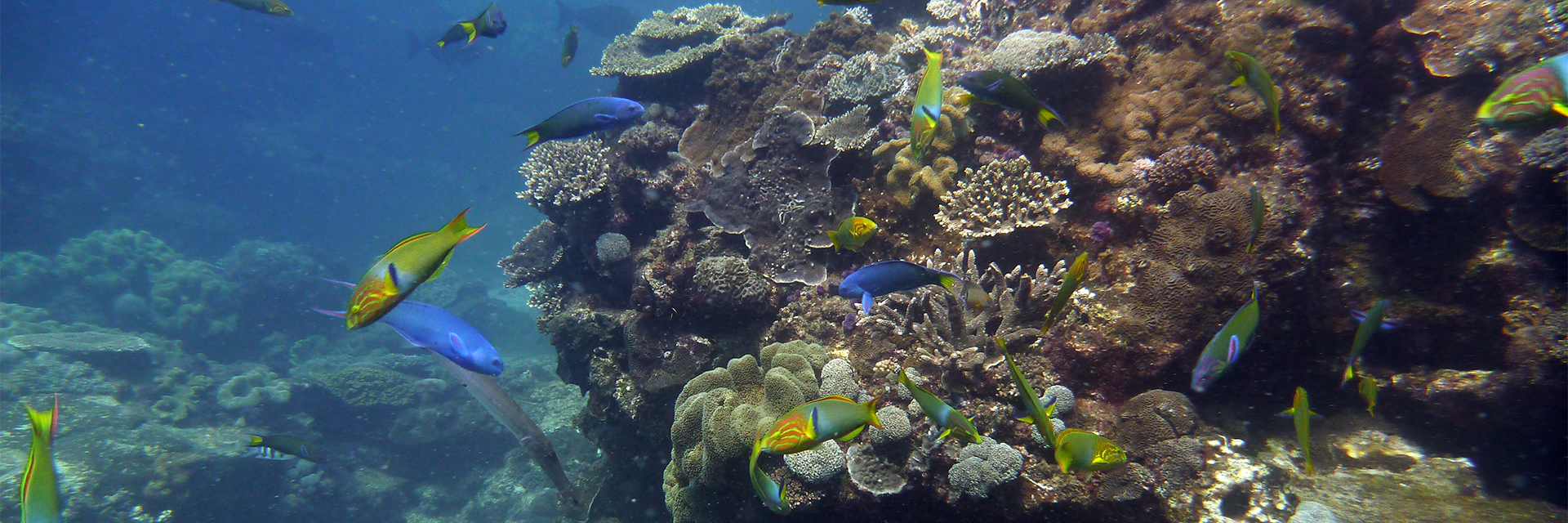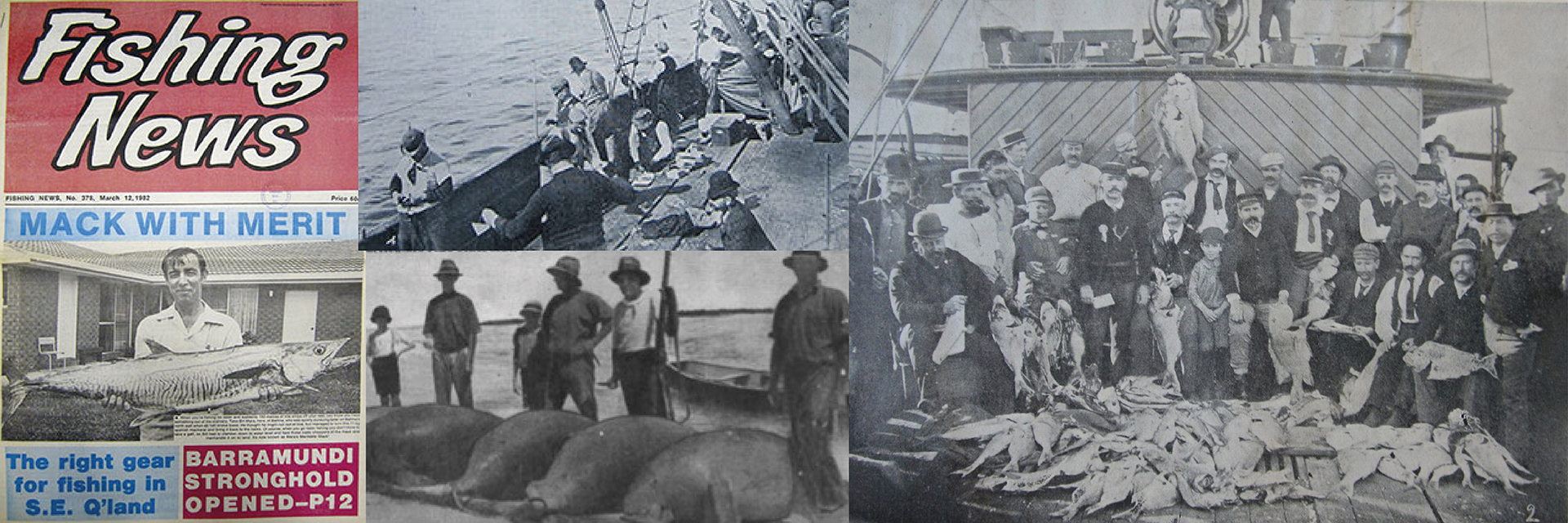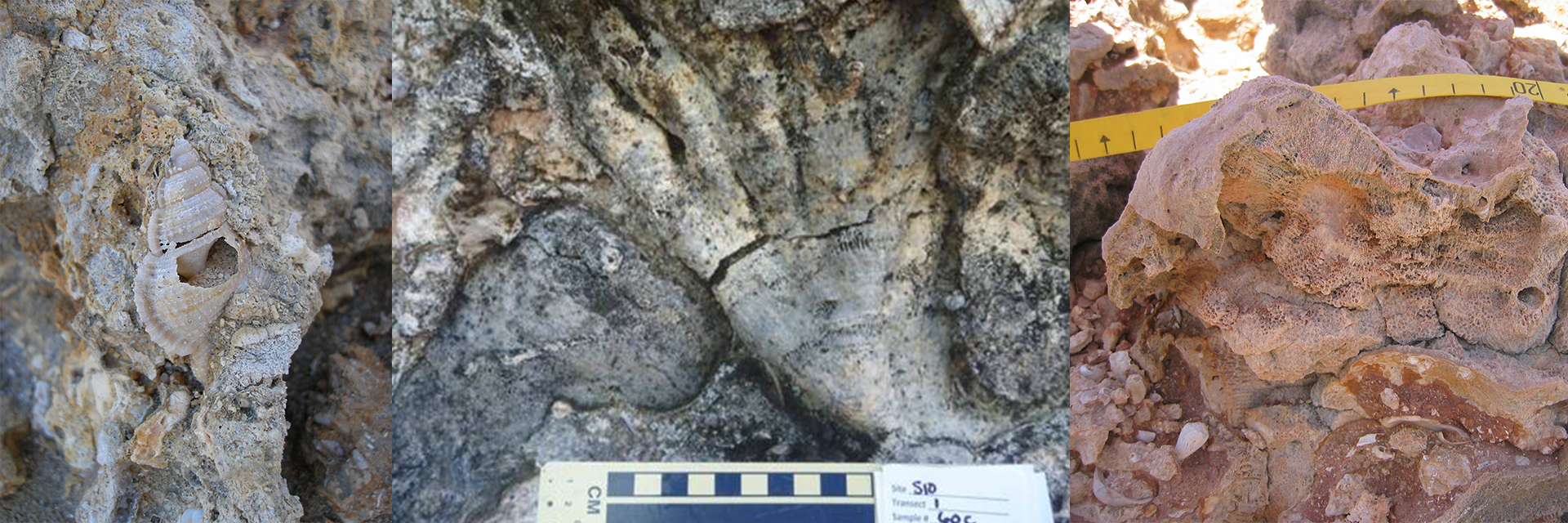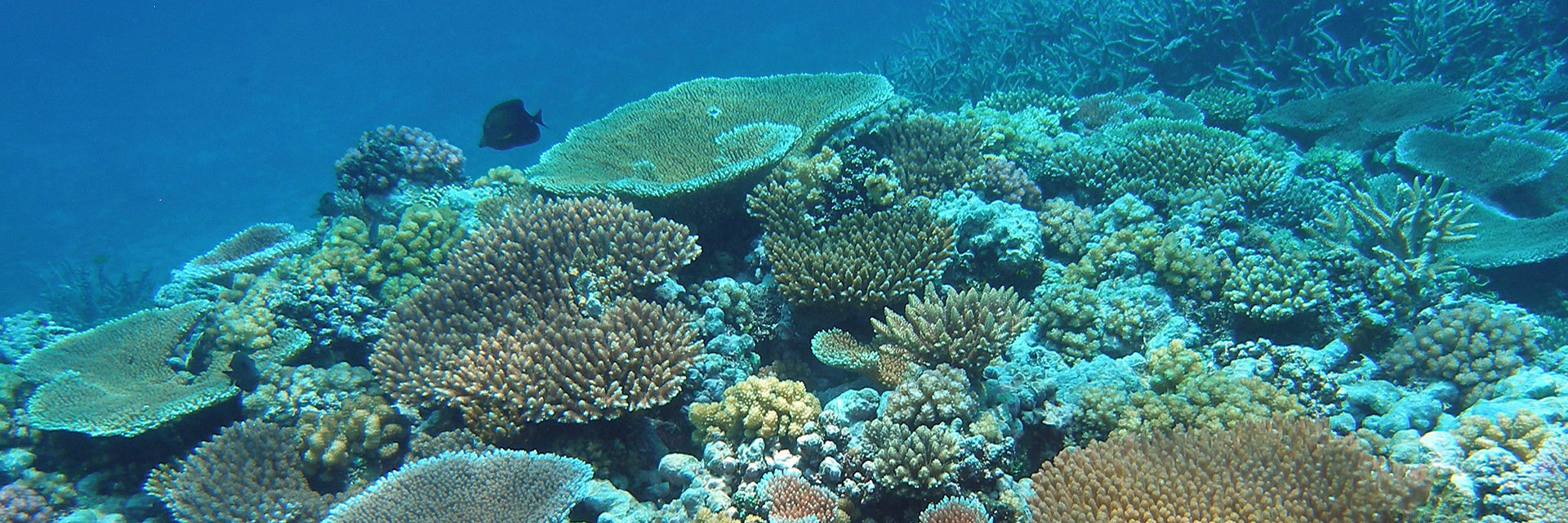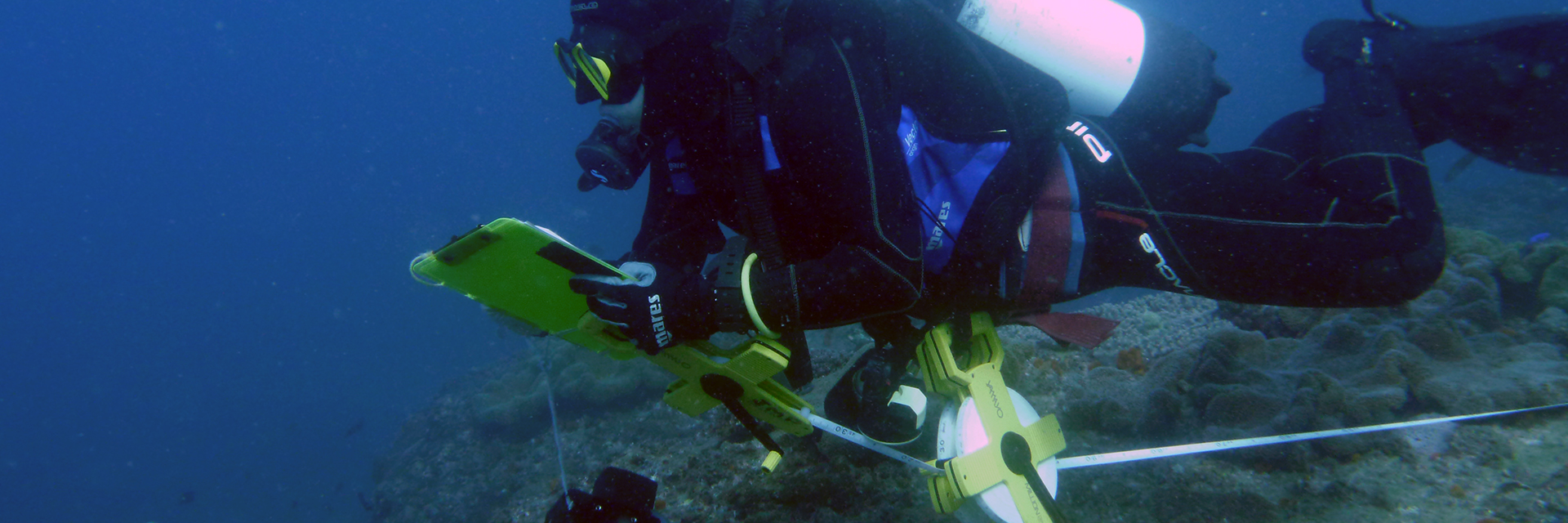Fishing for the past
20 December 2013 To put contemporary fishing trends into a longer-term context, researchers are mining the memories of Queensland fishers and trawling through 140 years of historical records. While fish-landing statistics in Queensland have been collected since the 1940s, they only provide an indication of what was caught and processed and do not include many […]
